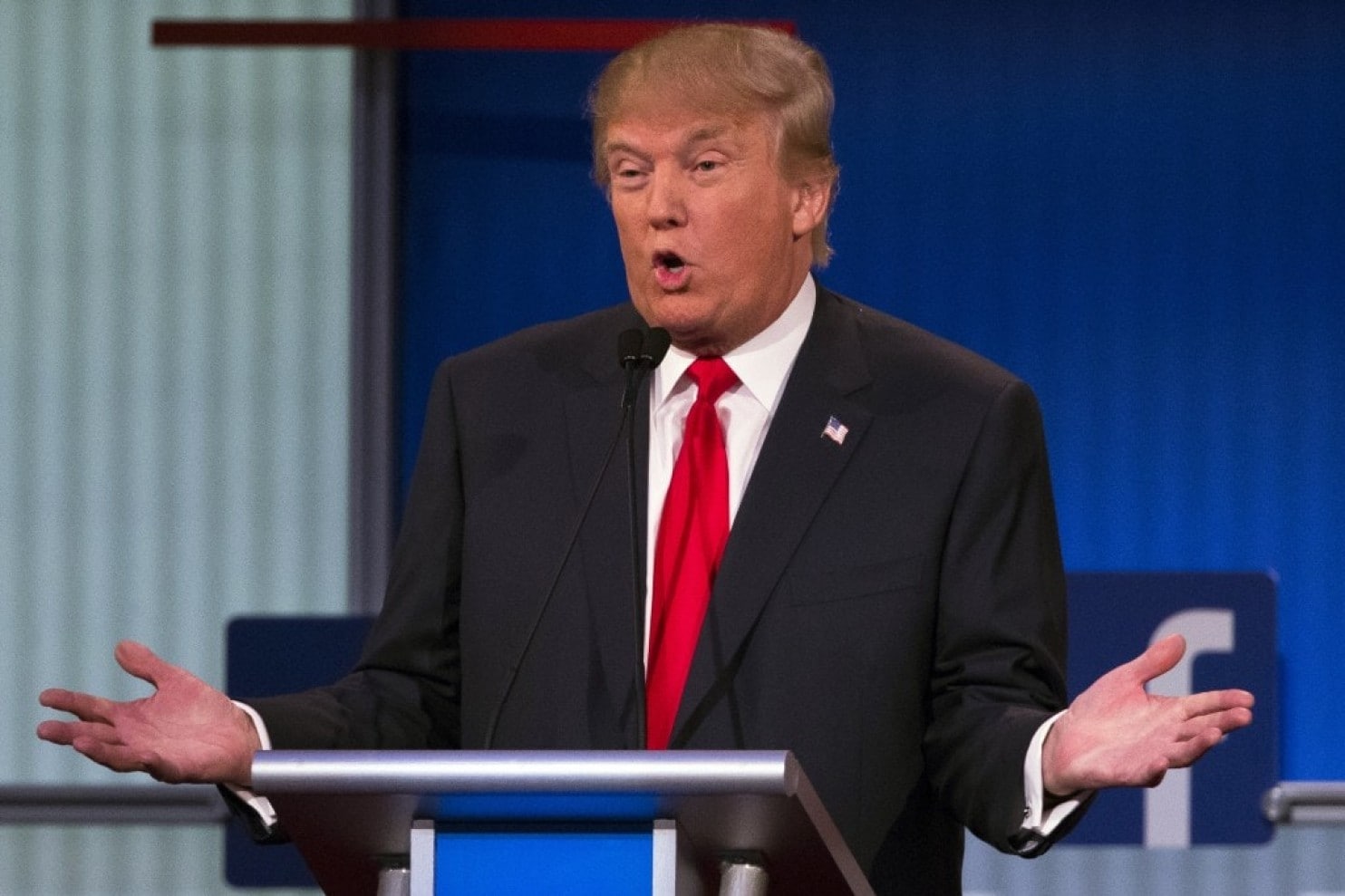Circle CEO Predicts Trump Will Empower Banks to Embrace Digital Assets
22.01.2025 21:00 1 min. read Kosta Gushterov
Circle CEO Jeremy Allaire believes that President Donald Trump’s administration could play a pivotal role in expanding the integration of digital assets within traditional banking systems.
Speaking with Reuters, Allaire suggested that Trump may issue executive orders allowing banks to hold, trade, and offer crypto-related services, particularly to high-net-worth individuals.
Allaire also emphasized the need to repeal the SEC’s Staff Accounting Bulletin (SAB) 121, which requires companies to classify customer-held digital assets as liabilities on their balance sheets. He expressed optimism that Trump’s administration could address this issue, describing it as a critical step for the crypto industry’s growth.
During his re-election campaign, Trump shifted his stance on cryptocurrencies, promising to foster growth in the sector. He pledged to remove barriers that restrict crypto companies and investors from using digital assets and announced plans to halt the sale of seized Bitcoin by the government. These proposals marked a stark departure from his earlier skepticism toward cryptocurrencies.
Circle, known for issuing the USDC stablecoin, recently contributed $1 million in USDC to Trump’s inaugural committee, signaling its alignment with the administration’s potential pro-crypto policies. This move highlights Circle’s strategic support for a regulatory environment that could significantly benefit the digital asset industry.
-
1
Here is Why the Fed May Cut Rates Earlier Than Expected, According to Goldman Sachs
08.07.2025 15:00 2 min. read -
2
What Brian Armstrong’s New Stats Reveal About Institutional Crypto Growth
29.06.2025 15:00 2 min. read -
3
Vitalik Buterin Warns Digital ID Projects Could End Pseudonymity
29.06.2025 9:00 2 min. read -
4
Donald Trump Signs “One Big Beautiful Bill”: How It Can Reshape the Crypto Market
05.07.2025 9:56 2 min. read -
5
Market Odds of a U.S. Recession in 2025 Drop in Half Since May
05.07.2025 18:30 2 min. read
Crypto Greed Index Stays Elevated for 9 Days — What it Signals Next?
The crypto market continues to flash bullish signals, with the CMC Fear & Greed Index holding at 67 despite a minor pullback from yesterday.
U.S. Public Pension Giant Boosts Palantir and Strategy Holdings in Q2
According to a report by Barron’s, the Ohio Public Employees Retirement System (OPERS) made notable adjustments to its portfolio in Q2 2025, significantly increasing exposure to Palantir and Strategy while cutting back on Lyft.
Key Crypto Events to Watch in the Next Months
As crypto markets gain momentum heading into the second half of 2025, a series of pivotal regulatory and macroeconomic events are poised to shape sentiment, liquidity, and price action across the space.
Here is Why Stablecoins Are Booming, According to Tether CEO
In a recent interview with Bankless, Tether CEO Paolo Ardoino shed light on the growing adoption of stablecoins like USDT, linking their rise to global economic instability and shifting generational dynamics.
-
1
Here is Why the Fed May Cut Rates Earlier Than Expected, According to Goldman Sachs
08.07.2025 15:00 2 min. read -
2
What Brian Armstrong’s New Stats Reveal About Institutional Crypto Growth
29.06.2025 15:00 2 min. read -
3
Vitalik Buterin Warns Digital ID Projects Could End Pseudonymity
29.06.2025 9:00 2 min. read -
4
Donald Trump Signs “One Big Beautiful Bill”: How It Can Reshape the Crypto Market
05.07.2025 9:56 2 min. read -
5
Market Odds of a U.S. Recession in 2025 Drop in Half Since May
05.07.2025 18:30 2 min. read


